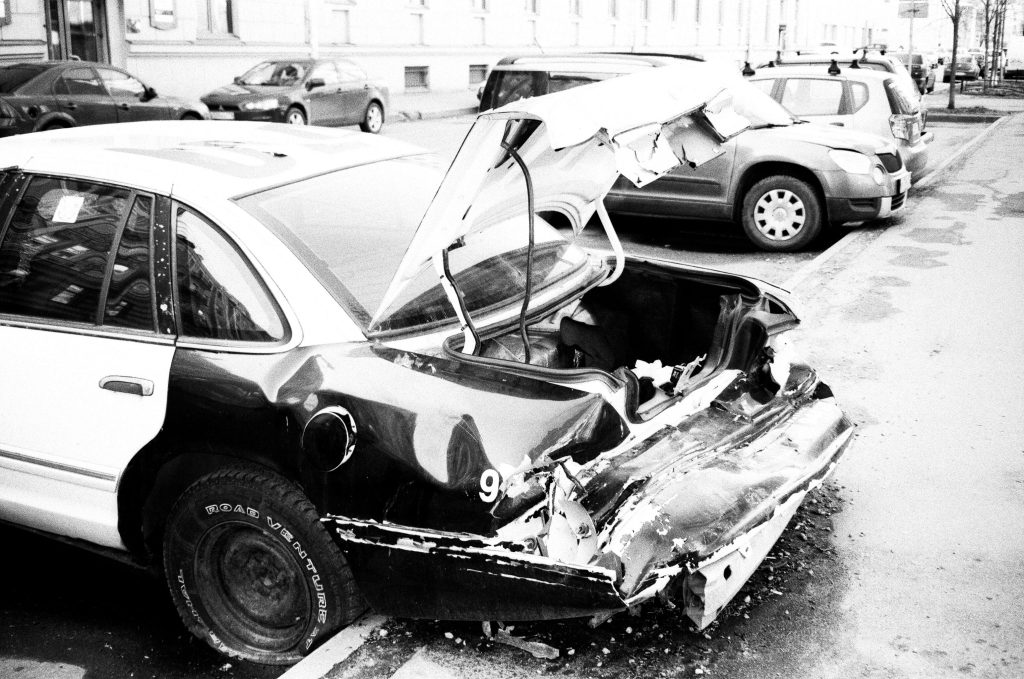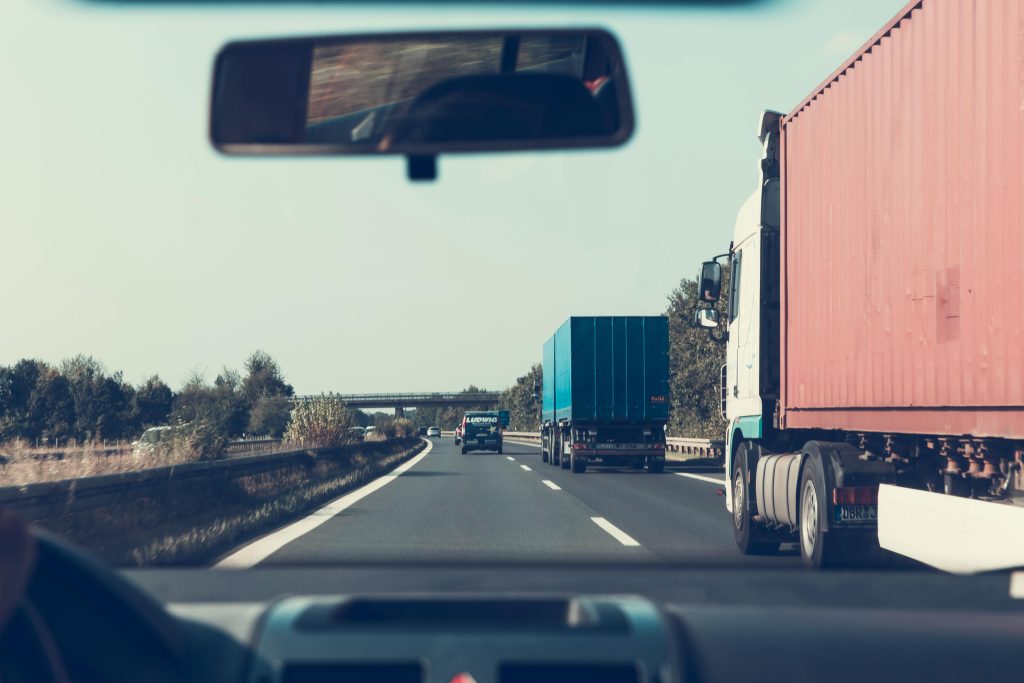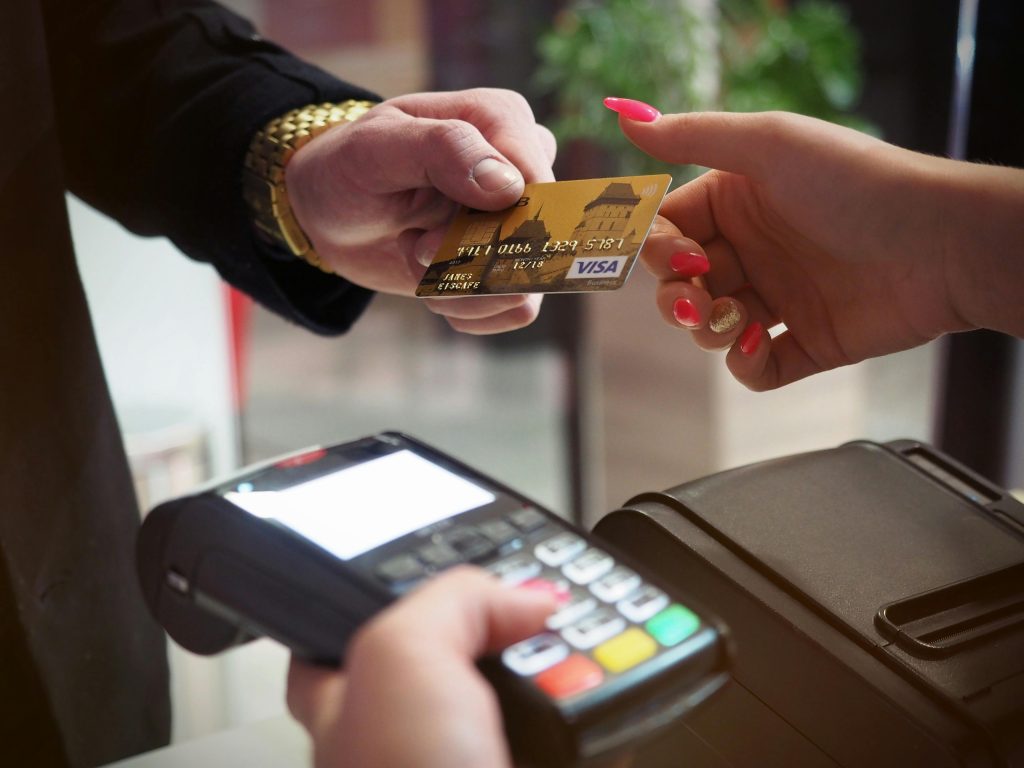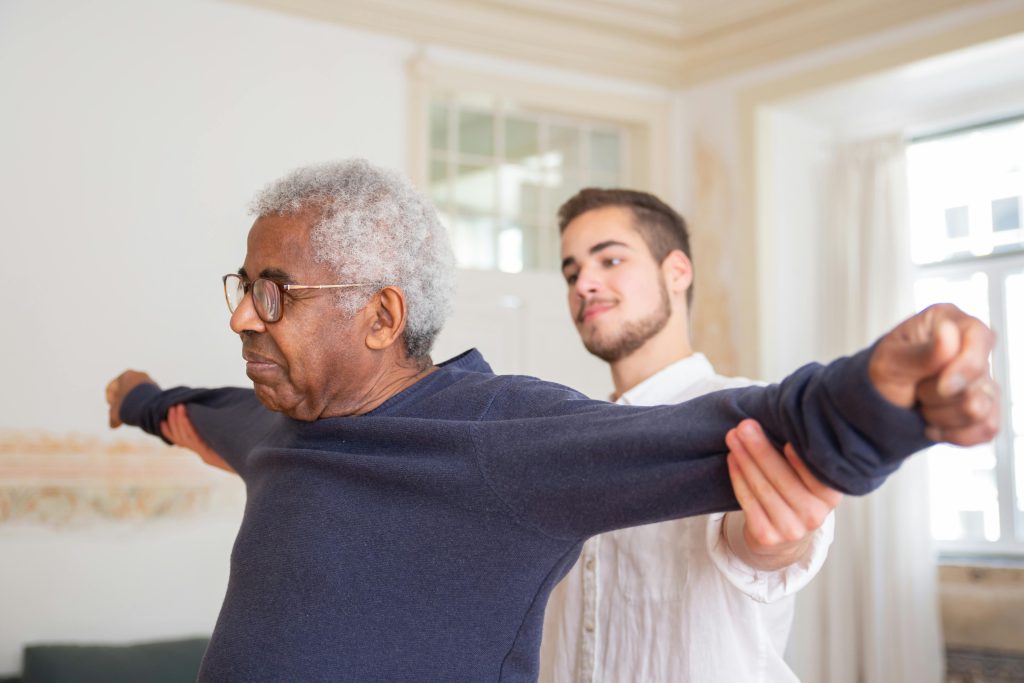Car accidents are typically unforeseen incidents that can be extremely traumatic. In New Orleans, Louisiana, the city’s unique challenges contribute to a significant number of vehicle collisions each year. According to the Louisiana Highway Safety Commission, Orleans Parish reports over 40,000 traffic crashes annually. The New Orleans Police Department data shows that intersections along major corridors like I-10, Pontchartrain Expressway, and Canal Street are particularly prone to accidents. Understanding Louisiana’s comparative fault system and navigating the state’s insurance requirements is essential for protecting your rights after a collision.
Whether it’s small or major, some actions need to be taken, and that makes a real difference. If you’ve been involved in a vehicle collision, consulting with experienced New Orleans car accident lawyers at Scott Vicknair can help you understand your legal options and ensure you receive fair compensation for your injuries and damages. While the challenge leaves so many questions unanswered, here are the critical steps to take and follow to provide safety and some clarity.
Ensure Safety First
Before anything, check for injuries. Obtaining immediate help is crucial if someone has sustained injuries. Notify local authorities about what happened and ask for their help. If it is safe to do so, push vehicles over to the side of the road while waiting to avoid additional crashes. Activate hazard lights to warn other drivers to merge around you or slow down. This is also making it safer for everyone.
Exchange Information
Once you’ve taken care of any immediate safety concerns, it’s time to swap information with the other driver. Collect their names, phone numbers, and insurance info. It is also recommended to document plate numbers and details of the cars and vans. This will be important for insurance claims and any subsequent court or other cases. If you can keep things civil and respectful, that goes a long way to make things easy for everyone.
Document the Scene
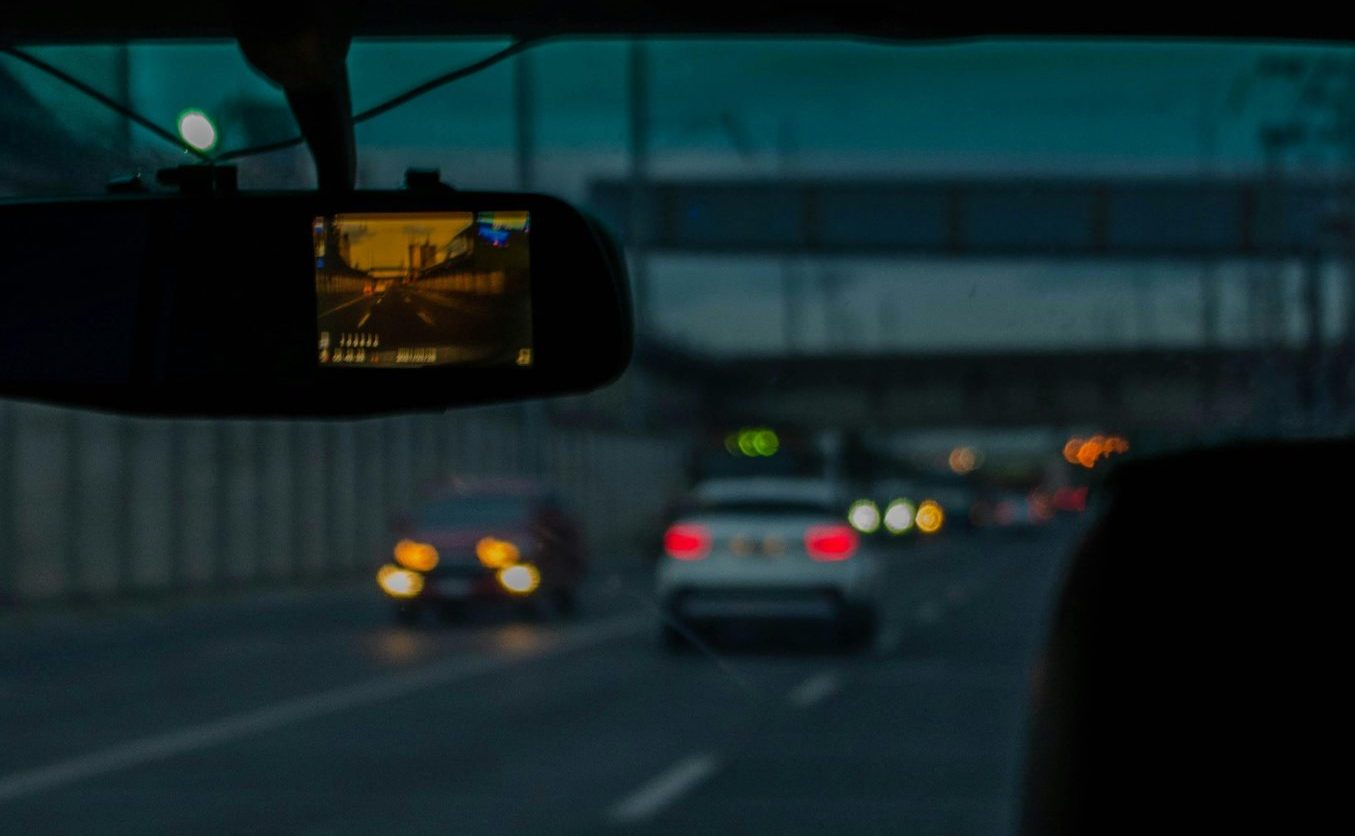
Detailed documentation of the accident scene is critical. Take clear images of the vehicles, any visible damage, and the area surrounding the incident with your phone or camera. According to the National Highway Traffic Safety Administration, thorough documentation of crash scenes, including photographs and written notes, is essential for insurance claims and legal proceedings. Photos are always helpful for insurance and to establish the incident. It may also be helpful to write down the time, date, and location of the incident.
Speak With Witnesses
Witnesses can also give more clarity on the accident if there was one. Gently request their contact information and whether they would be open to discussing their findings. Witness statements will back your story and will come in very handy when your insurance company reviews the incident. They can often shed light on topics related to the event that may be confusing or controversial.
Notify the Authorities
In most places, if there are injuries or damage to property, you are legally required to report your accident to the police. Having a police report preserves an official record of the accident, which may be necessary for insurance and litigation purposes. When the officers show up, explain to them what happened in simple terms.
Contact Your Insurance Company
Notifying your insurance provider at the earliest possible moment is important. Give them all the information you have collected and cooperate fully with their process. Insurance representatives will walk you through the next steps and coverage specifics. Prompt communication can expedite the resolution of claims.
Seek Medical Evaluation
Regardless, a trip to the doctor is a good idea; some injuries may not present themselves right away. Other injuries may not appear for some time, so obtaining evidence from a doctor can be vital for any claims that follow. Health needs to be put first, and ensuring that everyone is fit and well is a good start.
Keep Records

It is also useful to keep a record of all these related documents. Such as medical records, repair quotes, and communication with the insurance companies. Keeping these documents organized can fast-track any ongoing processes and provide clarity when necessary. Centralization of the entire system ensures nothing is missed.
Understand Your Rights
It is always better to know about your legal rights in the aftermath of an accident. A legal advisor can provide guidance, especially when disputes or conflicts arise. Having the legal context is key to making smart choices and preserving one’s interests.
Reflect on Prevention
And then, a final reflection on how to avoid a similar incident is sometimes useful. This includes aspects like their driving behavior, the condition of their vehicle, and the possible characteristics of the area where they are driving. By taking this experience and learning from it, it will promote safer driving habits, which can then help prevent this from happening in the future.
Conclusion
Having the information and preparation above will certainly relieve a good amount of anxiety during a car accident. These steps can keep people safe, protect their rights, and make any recovery process easier. While we cannot prevent accidents, we can manage them efficiently and without panic if we respond appropriately.


